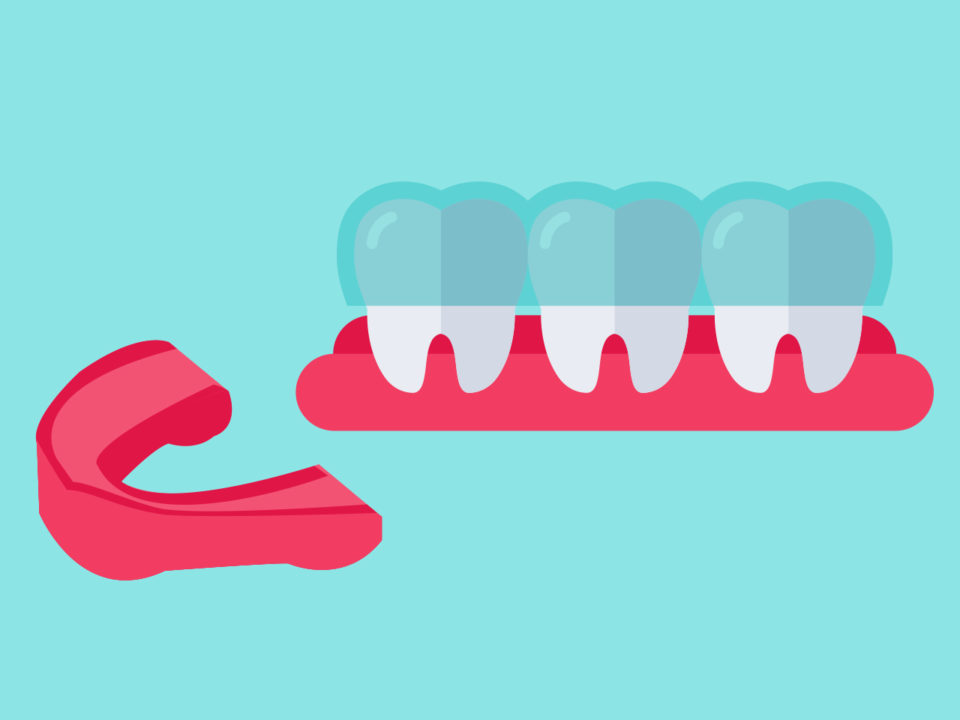Though child athletes are sixty times more likely to suffer mouth and facial trauma without protective mouth guards, a recent survey by Delta Dental found that a high percentage of young athletes do not wear them. According to the survey, just 32 percent of youth football players and 11 percent of hockey and lacrosse players wear the guards. Mouth guards help soften an impact to the face that could cause broken, chipped or lost teeth, jaw injuries, or cuts to the lip, tongue, or face.
The American Academy of Pediatric Dentistry (AAPD) and most dentists recommend protective mouth guards to their patients because the benefits far outweigh any discomfort or inconvenience.
“Bottom line, properly fitting sports mouth guards are an inexpensive way to avoid a lot of pain—both physical and financial,” says Dr. Nicholas Sigman, at Performance Dental Center in Boulder and a member of the Academy of Sports Dentistry. “They not only protect your teeth, but also your gums, jaw, and jawbones from impact injuries that can be sustained playing sports.”
AAPD recommends protective mouth guards be worn for all sports. Sigman says that the most common causes of dental trauma are any kind of sport where players could get hit in the mouth by either a ball or an opposing player. Some of the most common examples are football, basketball, hockey, lacrosse, soccer, boxing, and MMA. Mouth guards may also reduce the rate and severity of concussions, according to the American Dental Association.
A custom-made guard may cost more, but that cost is a fraction of the cost of an injury, according to Sigman, who says that sometimes store-bought guards provide little to no protection.
“The best kind of mouth guard is one that comes from your dentist and is custom made for your mouth,” says Sigman. “These guards fit much better and far more comfortably than the cheap guards that you can get from the sporting goods store.”
If you don’t want to shell out the money for a custom guard, an inexpensive, mouth-formed or “boil and bite” guard can be purchased at sporting goods stores. These guards provide more protection than a stock guard, but less than a custom guard.
Convincing your child to wear the protective mouth guards for safety can be easier said than done. Sigman suggests being fitted with a custom guard to encourage wear. Not only are they more comfortable, they can be personalized with colors or logos, “If kids think they are cool, they are much more likely to use them,” he says.





